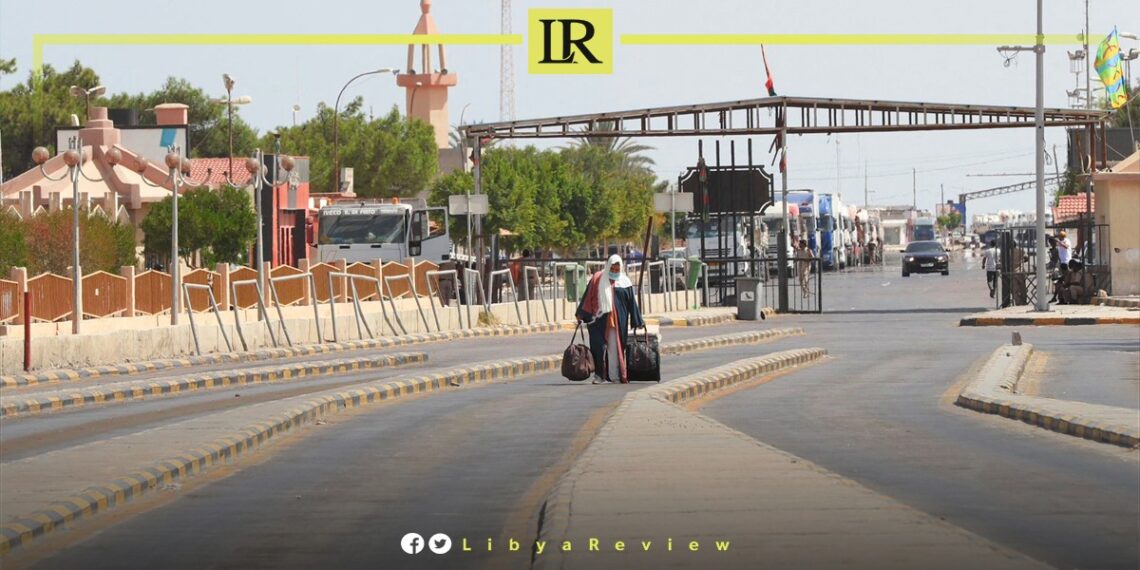Mostafa Abdelkebir, the head of the Tunisian Observatory for Human Rights, has brought attention to the difficulties faced by Tunisian traders and workers trying to enter Libya for work. Abdelkebir pointed out that at the Ras Jedir border crossing, Libyan authorities are preventing those carrying Tunisian currency and traders from entering, even after they have completed all necessary legal departure procedures and safety measures.
This issue has been reported by IFM, a local radio station, on its website, which also noted Abdelkebir’s criticism of the reintroduction of taxes on travelers by Libyan authorities. He has called for these decisions to be reviewed, highlighting the importance of adhering to existing Tunisian-Libyan agreements and the principle of reciprocity.
Abdelkebir has urged Tunisian officials to take measures to resolve these issues promptly, including calling for the meetings of joint security committees to support Tunisians traveling to Libya. He stressed the need for quick solutions to alleviate congestion at the border crossing and uphold the rights of travelers, especially their freedom of movement.
The Ras Jedir crossing is under the control of the Government of National Unity in Libya, led by Abdulhamid Dbaiba. Since the overthrow of Colonel Muammar Gaddafi’s regime in 2011, armed groups affiliated with the Zuwara municipality, adjacent to Tunisia, have managed the crossing.
In a related context, international humanitarian organizations reported that since December, at least 5,500 migrants were pushed from Tunisia toward the Libyan border, with another 3,000 directed towards the Algerian border since June, as per Agence France-Presse (AFP). AFP cited sources indicating that over 100 migrants have died in the Libyan-Tunisian desert this summer, noting the continuation of “collective expulsion operations to Libya and Algeria.”
The report adds that many of the individuals directed towards the borders had been detained by Tunisian authorities as they attempted to migrate to Europe, particularly those intercepted near Sfax, a city close to the Italian island of Lampedusa.
The increase in migration activities gained momentum in February, following statements by Tunisian President Kais Saied regarding the influx of “illegal immigrants” from Sub-Saharan Africa, which he described as part of a “criminal plan” to alter the nation’s demographic makeup, according to AFP.


